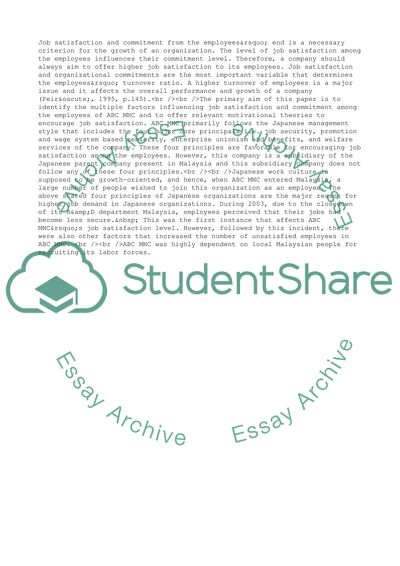Cite this document
(Cross Culture Management of Japanese Company Operating in Malaysia Case Study, n.d.)
Cross Culture Management of Japanese Company Operating in Malaysia Case Study. https://studentshare.org/management/1750051-cross-culture-managment
Cross Culture Management of Japanese Company Operating in Malaysia Case Study. https://studentshare.org/management/1750051-cross-culture-managment
(Cross Culture Management of Japanese Company Operating in Malaysia Case Study)
Cross Culture Management of Japanese Company Operating in Malaysia Case Study. https://studentshare.org/management/1750051-cross-culture-managment.
Cross Culture Management of Japanese Company Operating in Malaysia Case Study. https://studentshare.org/management/1750051-cross-culture-managment.
“Cross Culture Management of Japanese Company Operating in Malaysia Case Study”. https://studentshare.org/management/1750051-cross-culture-managment.


